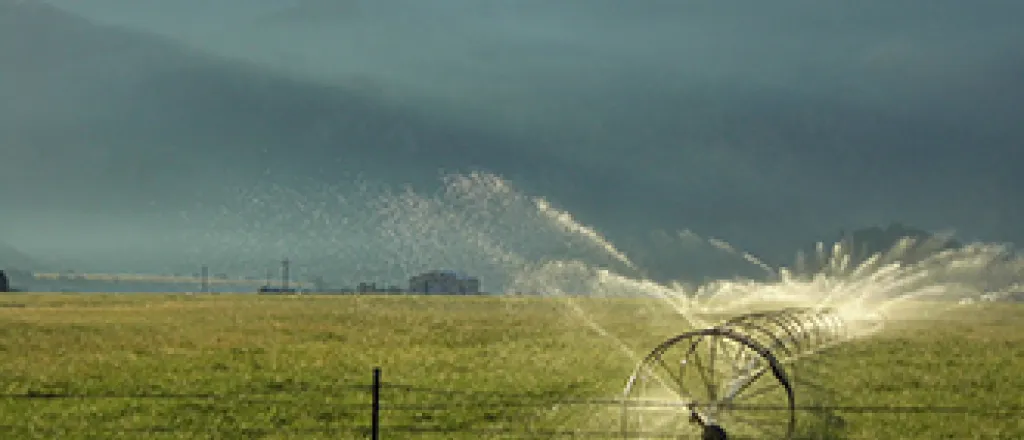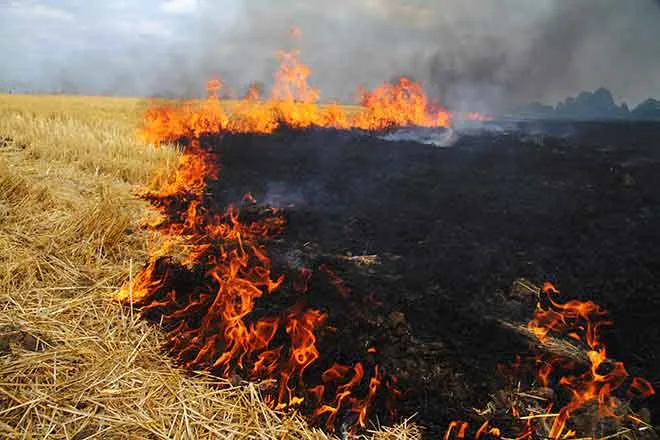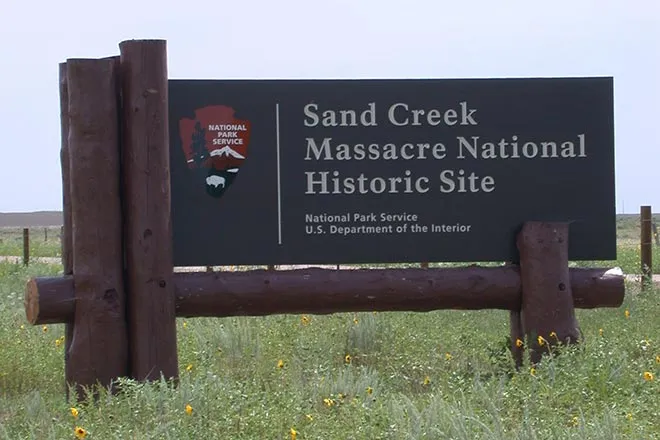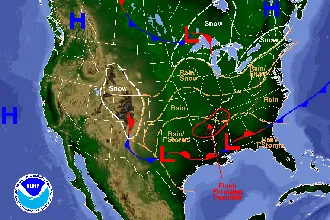
Water Forum Explores Innovative Management Solutions
Population drives water use, and the population in the Arkansas River Basin will likely increase 80 percent by the year 2050. Even if all proposed water projects in the basin are developed, the supply will not meet the needs of growing cities, towns and industries.
A number of experts in water-related fields will discuss solutions to this issue at the Arkansas River Basin Water Forum April 27-28 in Salida.
To put the basin’s water challenges in perspective, municipal and industrial water users in the Arkansas Basin presently consume 200,000 acre-feet of water each year. That usage will increase by 100,000-150,000 acre-feet in fewer than 35 years.
Traditionally, public works projects funded large dams and pipelines to meet water needs. In more recent years, municipalities and industry have purchased agricultural water rights to meet increasing demand.
This “buy and dry” strategy threatens the $1.5 billion per year that agriculture contributes to the Arkansas Basin economy as well as the basin’s rural communities and the food they produce.
Strategies like conservation will play an important role in meeting future water demands. But the water saved through conservation won’t be around to use later without someplace to store that water, placing new storage capacity high on the list of water management priorities.
Since large reservoir projects are largely a thing of the past, water officials are looking to store water underground in alluvial aquifers. Underground storage makes sense because it eliminates evaporation, a major cause of water loss in surface reservoirs.
A panel discussion at the Arkansas River Basin Water Forum will feature engineer Chris Manera, P.E., of Colorado River Engineering. Manera currently works with the Upper Arkansas Water Conservancy District implementing an underground storage project in Chaffee County.
He described the project as “really encouraging,” saying the alluvial aquifer offers “good storage” opportunities because the void space in the soil is 20 percent.
With all of that empty space in the ground, Manera said the aquifer could potentially hold thousands of acre-feet of water, and if successful, the Upper Ark district’s project could usher in a new era of underground water storage.
The water forum will also feature presentations and discussions about other innovative ways to increase water security for basin residents, including alternative agricultural water transfer methods (ATMs).
These ATM strategies provide new options for ag water to be put to other uses without permanently changing the legal use of the water, as happens when municipalities buy farmland and take the water off the land.
Water banking, for example, uses a voluntary, market-based approach to lease water from agricultural water users and “bank” that water for other uses, allowing ag users to retain their water rights.
Nature Conservancy officials will discuss the Colorado Water Bank project, which uses water banking to help avoid a curtailment of Colorado River water use, which would affect the Arkansas Basin’s Frying Pan-Arkansas Project water.
Attendees at the 22nd annual Arkansas River Basin Water Forum will learn about these and other innovative efforts to address the basin’s growing water challenges.
As one of the most important water education events in the Arkansas Basin, the Arkansas River Basin Water Forum provides a platform for dialogue on water resource issues in our basin and will include presentation of the annual Bob Appel Friend of the Arkansas Award, an art contest, the Percolation and Runoff mixer and more. The forum seeks sponsorships which may qualify for a 501(c)(3) tax deduction. Visit www.arbwf.org for more information.
Photo by Joe Stone. A wheel-line irrigator waters a hay field in the morning mists of the Upper Arkansas Valley. The Arkansas River Basin Water Forum, April 27-28 in Salida, will explore innovative solutions to meeting the water demands of the basin’s growing population without undermining local agriculture.















